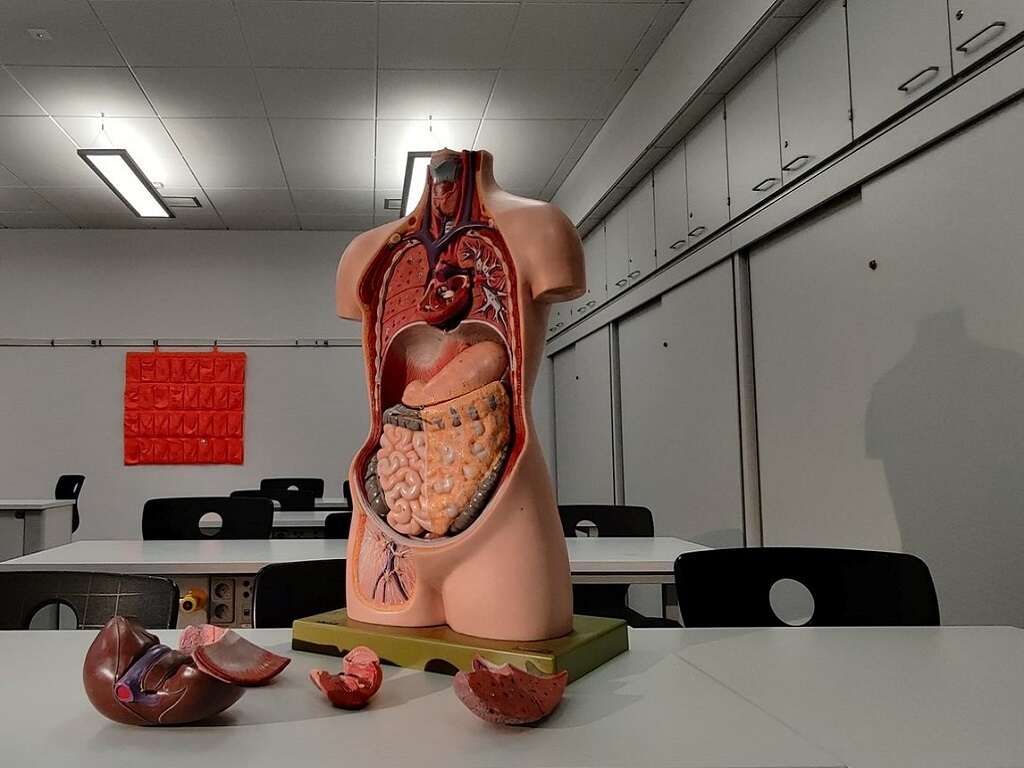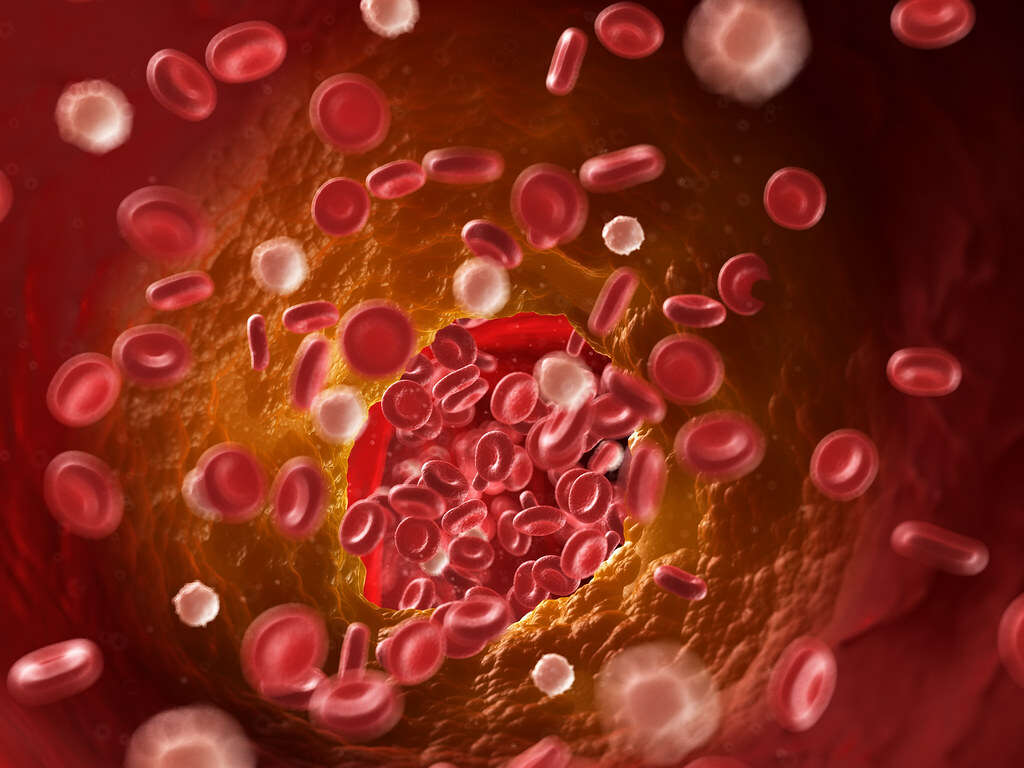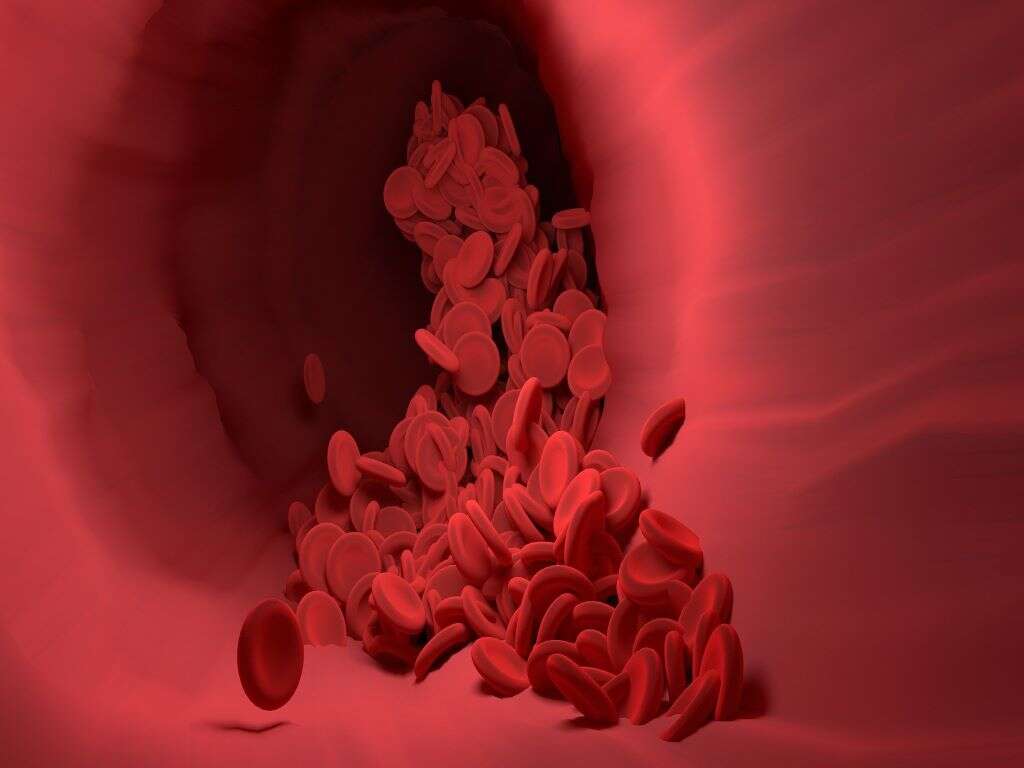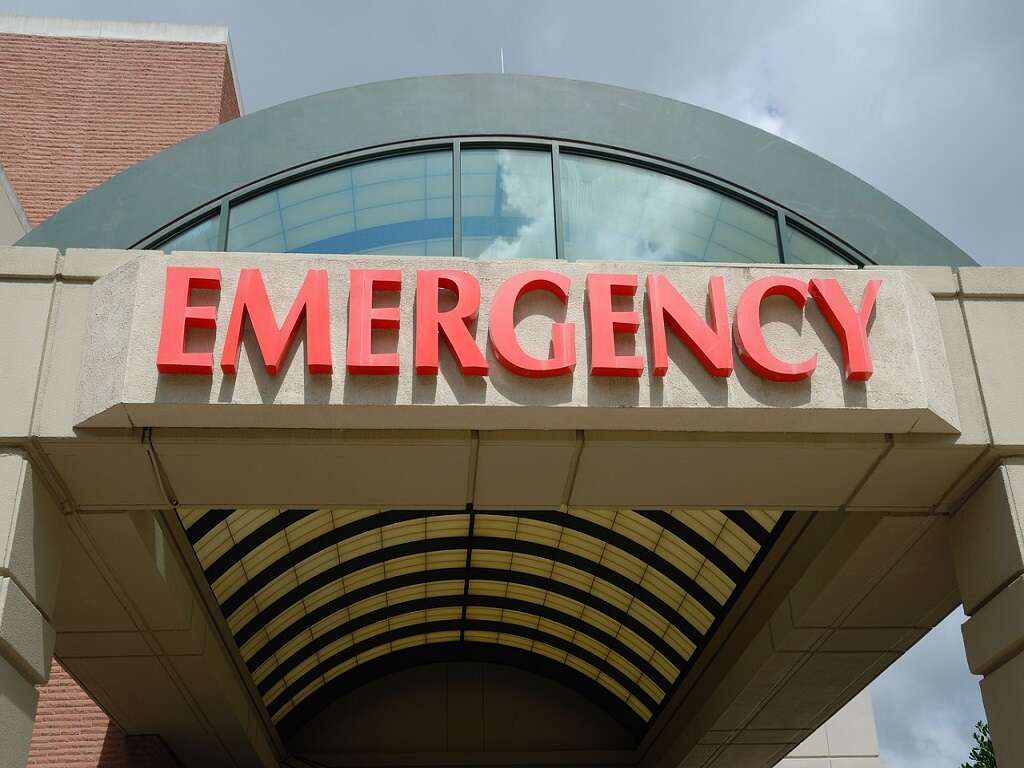Hemoptysis Definition, Causes and More
 Article Sources
Article Sources
- 1. Jacob L. Bidwell | Robert W. Pachner. 'Hemoptysis: Diagnosis and Management.' American Family Physician, aafp.org/afp/2005/1001/p1253.html.
- 2. Radchenko, C., et al. 'A Systematic Approach to the Management of Massive Hemoptysis.' PubMed Central, ncbi.nlm.nih.gov/pmc/articles/PMC5696556.
- 3. 'Hematemesis.' Cancer Therapy Advisor, 17 2019, cancertherapyadvisor.com/home/decision-support-in-medicine/hospital-medicine/hematemesis.
- 4. 'Evaluation of Hemoptysis.' Clinical Decision Support for Health Professionals, 2 2020, bestpractice.bmj.com/topics/en-us/1039.
- 5. Gershman, E., et al. 'Management of Hemoptysis in Patients with Lung Cancer.' PubMed Central, ncbi.nlm.nih.gov/pmc/articles/PMC6712256.
- 6. 'Etiology and Management of Pediatric Hemoptysis.' JAMA Network, 1 Apr. 2001, jamanetwork.com/journals/jamaotolaryngology/fullarticle/482262.
2. Symptoms
Hemoptysis may be characterized by a sudden onset of fever and coughing up bloody or blood-stained muco-purulent sputum.1Jacob L. Bidwell | Robert W. Pachner. ‘Hemoptysis: Diagnosis and Management.’ American Family Physician, aafp.org/afp/2005/1001/p1253.html. This may be a sign of acute bronchitis or pneumonia. Hemoptysis related to malignancy or infections, such as tuberculosis, may present with weight loss, night sweats and a fever.
When bronchogenic carcinoma causes hemoptysis, a person may experience a changing cough accompanied by weight loss or anorexia. Other symptoms may include fatigue and chest pain.
Advertisement











